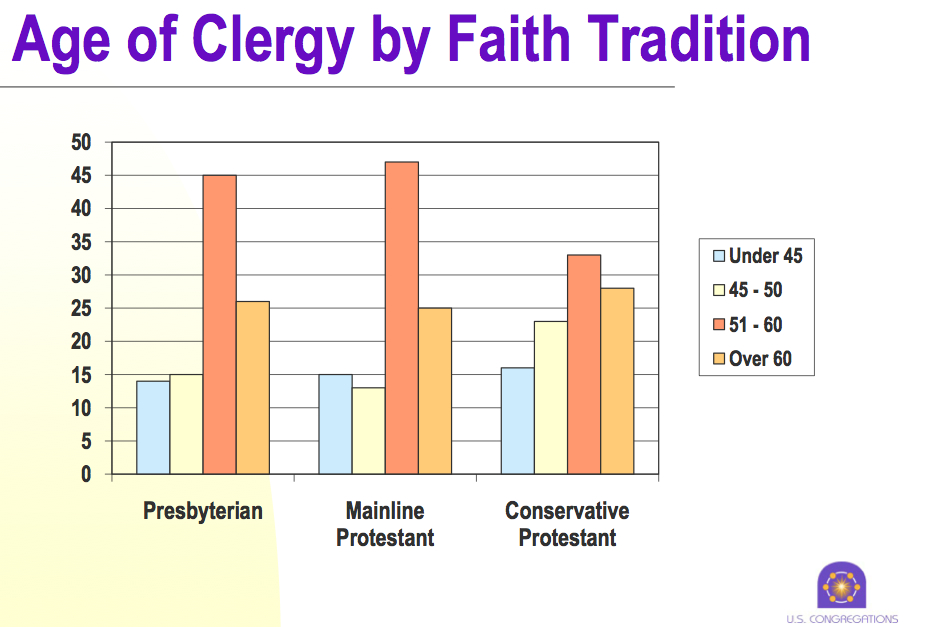Living with two loves
For the last couple of years, I have been a bivocational minister by choice. In other words, I have had a strong, deep sense of call to the pastorate, a place where I have served and loved people for fourteen years, while also nurturing this growing drive to write.
I understand the excitement and frustrations of trying to balance. As I thrive in two pursuits, I feel like I’m cheating life. It’s hard enough to find one job that you love, but to have two… well… that’s almost too good to be true. I’ve always been a monogamous creature, but I imagine it’s like having two lovers.
I also know that one part inevitably suffers. Even as a full-time pastor, before I was a parent, I poured out every ounce of energy into my tiny parish. And I still felt like I could never do enough. As I juggled these two passions, I knew that one of them would not get enough attention. I had to let go of hopes for our ministry, I missed deadlines, and I left emails unanswered. I smacked up against the reality that there are only a limited number of hours in one day.
Then, I really did begin cheating life--neglecting my doctor’s appointments, ignoring the throbbing pain in my tooth, and going months without ever having a day off--my own body suffered with the strain. And, as a parent who was working too much and not taking care of myself, I knew that I was teaching my daughter all the wrong things.
If I can pick up the previous imperfect metaphor again, it’s like when that pastor or seminary professor gets caught with an additional lover and you think, Why did you do it? You know how this story goes. It’s been played out a hundred times before you. You know the end, why did you create the beginning?
As I think about the larger church, I often hear that bivocational ministry will be the reality for pastors entering the ministry. Our economic model is breaking down. It has become more difficult for a church with fifty households to support one pastor. Even when a minister is willing to live frugally, the cost of education and medical benefits keeps getting higher. So, many people jump to bivocational ministry as the answer.
That makes me pause. As someone who has been living in a bivocational reality for a while now, it would be good to have a long discussion about this and ask ourselves some important questions.
•Are pastors truly nurturing two callings or are we baptizing a shift to part-time ministry? It is one thing to be called to two vocations (as I have been) but it’s another thing to suddenly pay your pastor part-time and expecting her to work bagging groceries on the side.
•What about women and underrepresented racial ethnic communities? I have a few friends who are African-American pastors, who have been working with a bivocational reality for a long time. I have learned from them as I negotiated these waters, but their struggles also concern me. We already have a system where women and racial ethnic minorities are often subject to inequities. Immigrant pastors often get paid less. Women hear, “Well, I'm sure her husband's income supports the family…” whispered in the hallway when cost of living questions arise. Will this bivocational shift make our current realities worse? Will we be setting up a system where the white guys with good teeth and nice hair will be the only ones who have a full-time position with benefits?
•Will this shift discourage younger pastors? Most mainline denominations have high expectations of their pastors. Which is good. We go through seminary requirements, ordination examinations, psychological testing, congregational internships, and clinical pastoral education. All of these requirements are costly and they made a lot of sense when people were entering a stable 30-year career with health insurance and pension. Does it still make sense to ask people to go through all of this while telling them that they'll be lucky to get a part-time job at the end of it?
I often get push-back from women who are not young when I talk about young clergy issues. They argue that they are treated worse than younger clergy. I'm not young any longer, and I understand the realities of being a woman in ministry. But the issues of young clergy still keep me up at night.
Please take a good, long look at this graph. It comes from a congregational life report to the PCUSA, but it tracks all mainline denominations.

These stats are already dated. They’re from four years ago, so if things have stayed the same, this indicates that over 70% of our clergy will be retiring age in the next ten years. Think about that. Shouldn’t we be doing everything that we can to nurture young clergy now?
I know that we are in the midst of a recession, and churches don’t feel as fat and happy as they did twelve years ago. But if you think about the historic realities of the church, mainline denominations are very, very wealthy. In this time of great abundance, why are we jumping so quickly to bivocational ministry as the answer to everything? Isn't there some other way to shake the sugar tree? Can’t we find some way to support those who feel called to full-time ministry?






